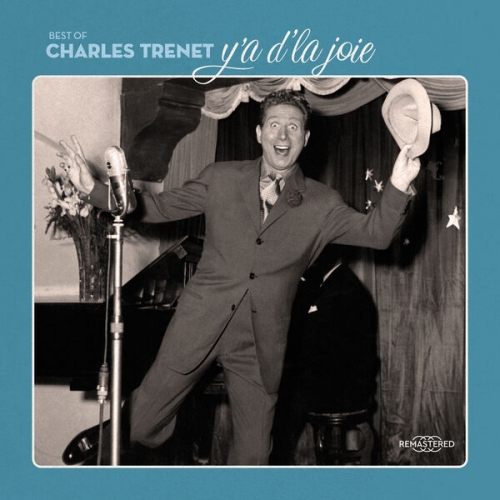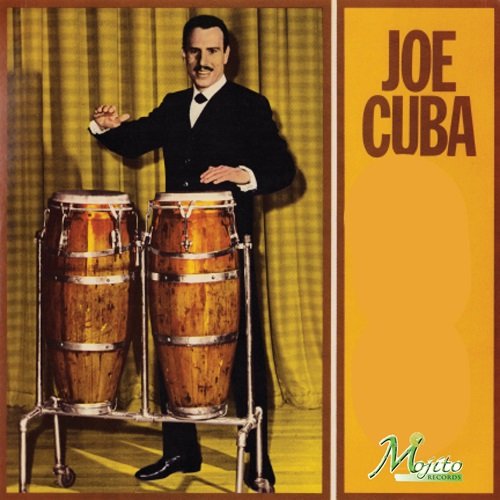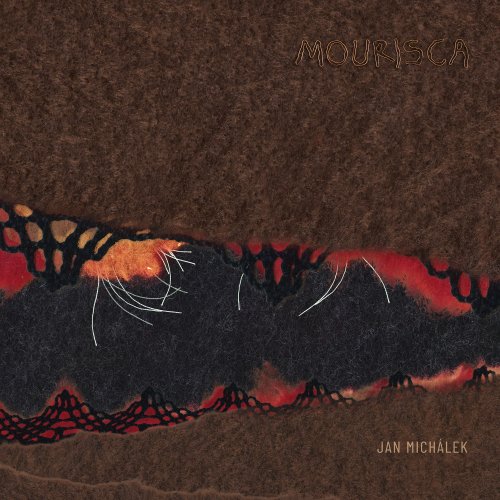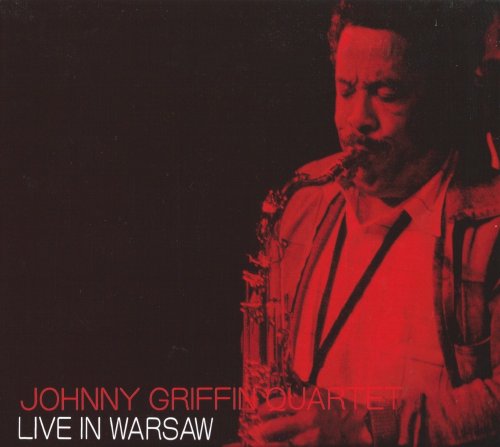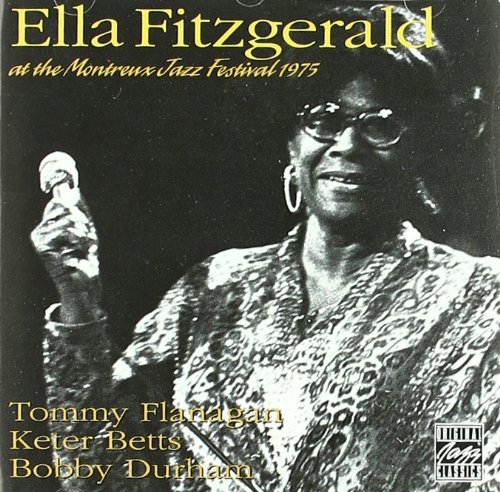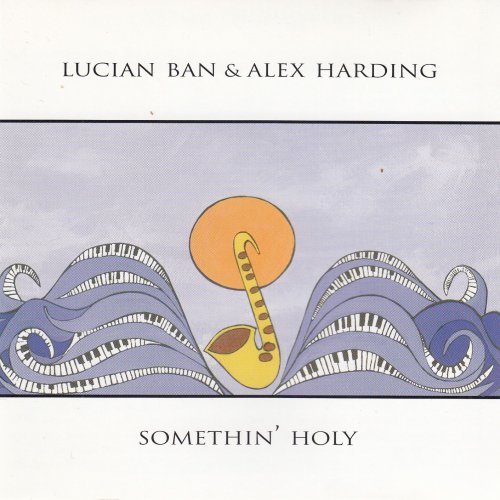Dieter Klocker, Armin Fromm, Thomas Duis - Ries: Clarinet Sonatas, Op. 29 and 169 / Clarinet Trio, Op. 28 (2004)
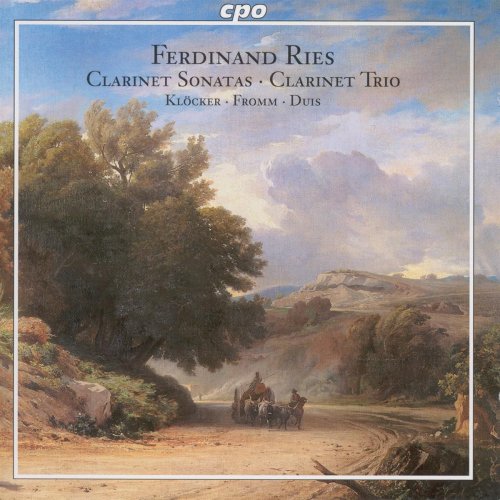
Artist: Dieter Klocker, Armin Fromm, Thomas Duis
Title: Ries: Clarinet Sonatas, Op. 29 and 169 / Clarinet Trio, Op. 28
Year Of Release: 2004
Label: CPO
Genre: Classical
Quality: flac lossless (tracks) +Booklet
Total Time: 01:09:17
Total Size: 228 mb
WebSite: Album Preview
TracklistTitle: Ries: Clarinet Sonatas, Op. 29 and 169 / Clarinet Trio, Op. 28
Year Of Release: 2004
Label: CPO
Genre: Classical
Quality: flac lossless (tracks) +Booklet
Total Time: 01:09:17
Total Size: 228 mb
WebSite: Album Preview
01. Clarinet Trio, Op. 28: I. Allegro
02. Clarinet Trio, Op. 28: II. Scherzo: Allegro vivace
03. Clarinet Trio, Op. 28: III. Adagio
04. Clarinet Trio, Op. 28: IV. Rondo: Allegro ma non troppo
05. Clarinet Sonata, Op. 29: I. Adagio - Allegro
06. Clarinet Sonata, Op. 29: II. Adagio con moto
07. Clarinet Sonata, Op. 29: III. Adagio - Allegro non troppo
08. Clarinet Sonata in E-Flat Major, Op. 169: I. Allegro moderato
09. Clarinet Sonata in E-Flat Major, Op. 169: II. Adagio con moto
10. Clarinet Sonata in E-Flat Major, Op. 169: III. Rondo: Allegro
There has been a general increase in the number of releases covering the music of Beethoven's contemporaries, and Ferdinand Ries has emerged as a strong candidate for rediscovery. Ries was a student of Beethoven and of Beethoven's teacher Albrechtsberger, and his association with Beethoven was long and close. The clarinet works featured here show him in an advantageous light. The clarinet virtuoso was a figure dating back a generation before Ries, resulting in a couple of the late Mozart masterpieces. But clarinet music was something still relatively new; the Clarinet Sonata, Op. 29, included here is thought to be only the second extant sonata for clarinet and piano, preceded by one from Vanhal.
All three of these chamber clarinet works were written between about 1808 and 1814; the high opus number of the Clarinet Sonata, Op. 169, was the result of much later publication. So all date from the height of Beethoven's fame. But it is to Ries' credit that he absorbs many aspects of Beethoven's language without sounding, in general, much like Beethoven at all. His handling of large-scale harmonic schemes that go far afield from the home key is assured and economical, and the Scherzo movement of the Clarinet Trio, Op. 28, reflects Beethoven's gruff approach to the scherzo movement. But the presence of this movement already sets the work apart from Beethoven, whose clarinet pieces were of a less ambitious cast. The painting of warm, genial tones onto a background of varied harmonies makes one think of the clarinet chamber music of Brahms; even if the parallel breaks down when one listens more closely, this disc illuminates some of the roots of Romantic chamber music. Ries likewise communicates unusual moods effectively: the Op. 169 sonata (originally written for flute but arranged for clarinet by Ries himself) was written after the composer's honeymoon and has a serene, playful streak quite unlike the humor of Beethoven's lighter pieces. Mushy sound from CPO is a problem here, but anyone interested in Beethoven and his world will find this disc worthwhile.
